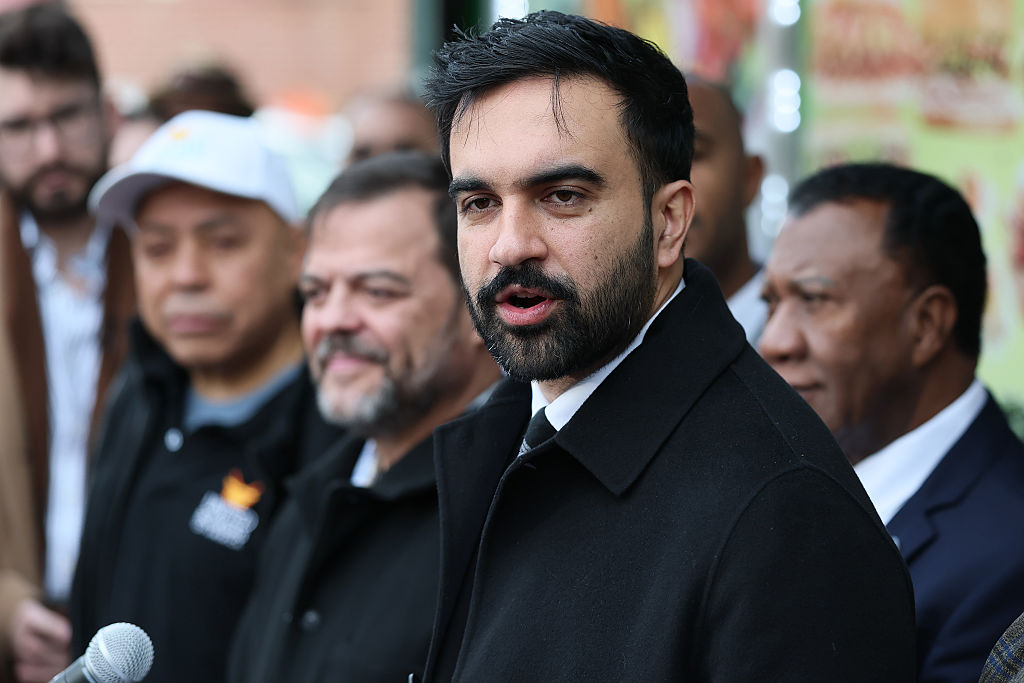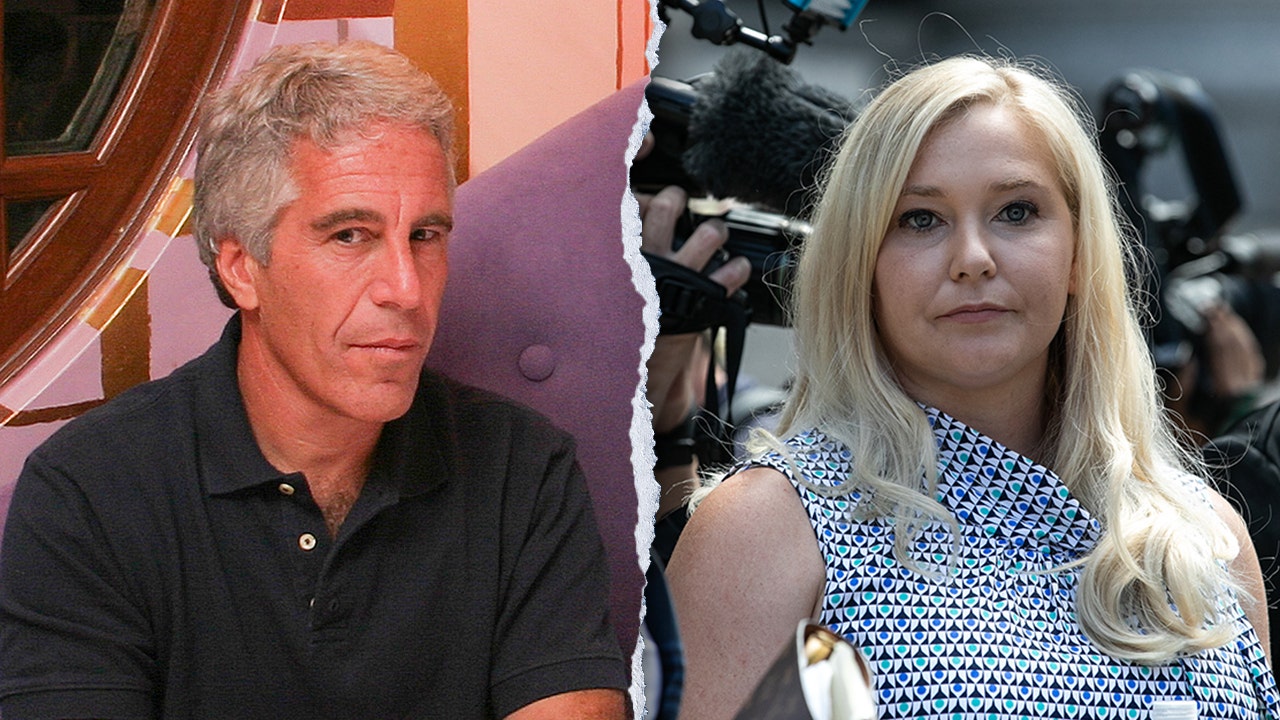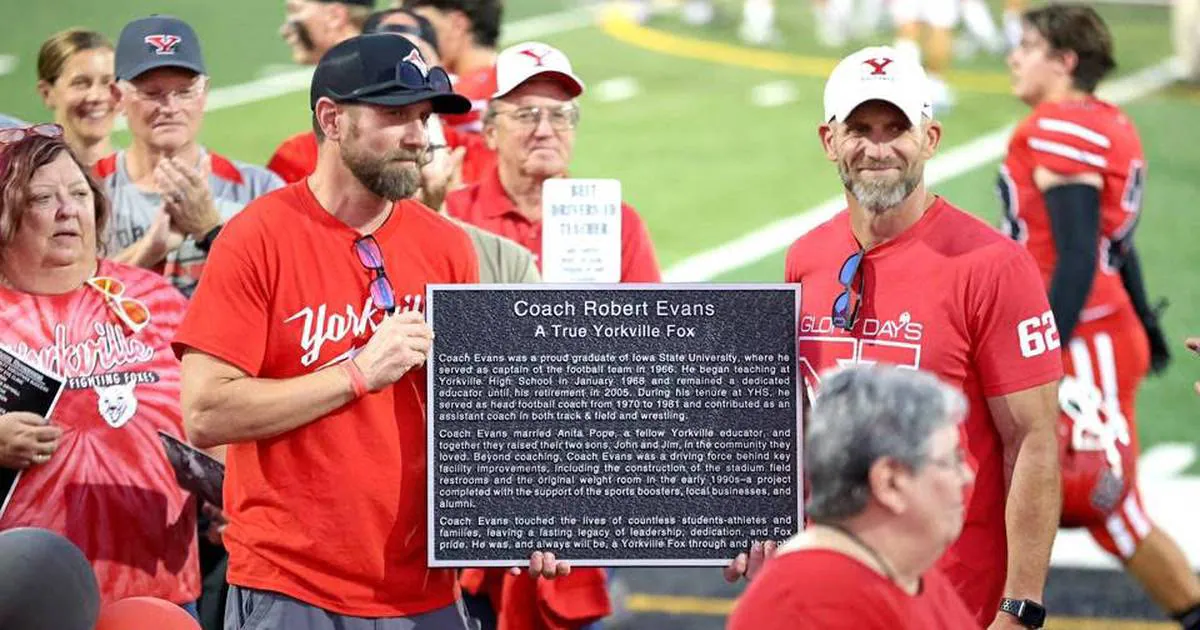Copyright The American Conservative

Loading the Elevenlabs Text to Speech AudioNative Player... The next mayor of New York City is a foreign-born, Muslim socialist. Zohran Mamdani’s rise to power inspired a fevered effort to describe what he is. Many conservatives have declared him an Islamic communist. But it’s unlikely the secular Mamdani, who enthusiastically campaigned in gay clubs, is a jihadist. The communist accusation has more legs, as Mamdani is a self-declared socialist, albeit a milquetoast “democratic” kind. The strong denunciations are driven by the understandable desire to paint Mamdani as a dangerous force in American politics. Calling him “woke” or a “radical leftist” doesn’t seem to cut it, so conservatives want to refer to him as something newer and more menacing. Enter the “Third Worldism” accusation. Hudson Institute fellow Zineb Riboua argued Mamdani espouses this ideology in two Substack posts last week. This argument was endorsed by such prominent figures as venture capitalist Shaun Maguire. Riboua defines Third Worldism as “a postcolonial moral project born in the mid-twentieth century that recast politics as a global uprising against Western hegemony.” She claims it’s characterized by anti-imperialism, anti-bourgeoisie sentiment, anti-capitalism, and antisemitism. It redefines the proletariat as the “world’s oppressed peoples” rather than industrial workers. It aims to achieve liberation not merely as political emancipation, “but as the rebirth of the human spirit itself.” The essays present an interesting overview of the ideology, its intellectual proponents, and how it shaped the Algerian Revolution. But it fails to tie all this into what Mamdani actually believes. Nothing he has said is cited in either Substack. There is a paragraph that interprets his stance on landlords as fueled by anti-colonialism, but that’s it. It’s just assumed that Mamdani wants to overthrow Western hegemony and replace it with a Third World dictatorship of the proletariat. It’s hard to see that from the theater kid Mamdani. He’s okay with American global hegemony. He just wants it to be woker. The Third Worldist line can be useful to highlight the insidiousness of Mamdani, even if it’s not quite accurate. However, the term can also be a suspect way to connect Israel’s military campaigns with American domestic politics. The article primarily focuses on Mamdani’s opposition to Israel rather than his socialism. It insists anti-Zionism lies at the heart of Third Worldism. This strongly implies the purpose of popularizing the term is to sell a new version of neoconservatism to American right-wingers. In order to defeat woke, we must apparently back Israel against the mullahs’ cancel culture. It’s unnecessary and unwise to connect Israeli support with unrelated domestic matters. A crucial factor of Third Worldism, as Riboua points out, is the desire to destroy Western hegemony. It wants a global order free of European and American influence. The vast majority of the Third World broke free from colonialist regimes in the latter half of the 20th century, seemingly achieving their dream of complete independence. Yet, instead of basking in the glory of liberation, these countries now demand more subsidies from the West while their people try to move to the West. The dream of Third Worldism has apparently died. Pampered dependence replaced spiritual liberation as the new dream of non-Western peoples. Mamdani testifies to that. He’s not leading a guerrilla revolution out in Uganda, where he was born. He ran for mayor of New York City on standard woke policies. He’s made his peace with American hegemony and simply wants to gain power within it. He’s not championing Venezuela or China against America like the Third Worldists of the sixties would. He’s in thrall to American pop culture, going to Wu-Tang Clan concerts and awkwardly dancing to pop music at rallies. He’s too Reddit to be a Mau Mau. What he is, is woke. Woke has some similarities with Third Worldism, but it is mainly a domestic phenomenon and not connected to any geopolitical struggle. It’s something Americans deal with in our own country. Wokeness is often left undefined and stands in the public consciousness as an extreme version of political correctness. But it does have a meaning. It’s the belief that America is beset by systematic inequalities that require dramatic measures to overcome. Mamdani’s agenda is animated by this belief, as seen in his demand to eliminate gifted programs in public schools and his desire to raise property taxes on affluent, white neighborhoods. All of this is proposed in the cause of eradicating structural racism. Woke does extol the cause of the dispossessed in a similar vein as Third Worldism. But woke’s dispossessed are primarily that of domestic protected classes, which includes racial minorities, gays, transgenders, the disabled, and even furries. Third Worldists ignore (and even oppose) many of these groups to focus on the struggle of particular national groups who are allegedly oppressed by the West. Riboua argues that the moral center for Third Worldists is Palestinian resistance. The woke may sympathize with this cause, but it’s well down on the list of its focal points, notwithstanding its increased salience throughout Israel’s full-scale war in Gaza. The moral center of woke is the grievances of black Americans. Mamdani’s criticism of Israel is animated by wokeness rather than a commitment to Third World revolution. He says Israel has the right to exist, but opposes it being an exclusively Jewish state because “I would not recognize any state's right to exist with a system of hierarchy on the basis of race or religion." He says Israel’s character must be dictated by international law, a set of standards only made possible by Western hegemony. In order for Israel to gain his support, it must adopt an egalitarian citizenship model, akin to the modern West, where no racial, religious, or ethnic character is acknowledged. Wokeness is a distinct product of Western civilization and in particular American culture. That’s not to say it’s aligned with the vision of the Founding Fathers, nor would Americans of the past have approved of it. But it’s not Third Worldism. It doesn’t seek the destruction of American/Western hegemony in the way Malcolm X and Frantz Fanon desired. It wants to transform this hegemony to support the left’s interests. Rather than U.S. embassies wiped out and China as the global hegemon, they want these embassies to fly the pride flag to support American global power. (Whether this would achieve that goal is another story.) Much of Europe recognized wokeness as an American import in the early 2020s, which sparked opposition among the Yankeephobic French. Woke does adopt anti-colonial language for its cause. Leftists love to use “decolonize” as a verb, such as talking about how they want to “decolonize” public education. But they still offer courses in English and make sure they teach the social liberalism beloved by too many modern Westerners. It is a blueprint for disaster, but not a guidebook to overthrow the government on behalf of a worldwide non-white revolution. No matter how much the woke cite Fanon, they’re not serious about radical liberation from the West. The decolonization language is merely a more exciting way to sell their agenda. It’s much better than saying “anti-whitify” the curriculum. Woke has its anti-capitalist sentiments, but it can and does accommodate itself to the bourgeoisie. This is evident in Mamdani’s campaign. His most ardent supporters are young, middle-class New Yorkers. It’s a class best described as Yuccies (young urban creatives). They’re different from Yuppies in their income levels, jobs, interests, and styles. But, like the Yuppies, they’re not the proletariat. They’re relatively affluent but feel shafted by the modern economy and living costs. Mamdani is also receiving a significant level of support from immigrants, but he’s struggling among the native-born working class. A true Third Worldist movement would look more like the Black Panthers, not dorky Mamdani rallies. Woke is a nefarious force, but it is distinct from what Riboua connects it to. Riboua wants to include Mamdani alongside Iran, Hamas, and Hezbollah. It makes him more threatening and makes Mamdani’s anti-Zionism a bigger part of his agenda. The author emphasizes anti-Zionism’s critical role to the Third Worldist viewpoint. While all of these parties aren’t fond of Israel, they’re not the same. Iran, Hamas, and Hezbollah aren’t woke, to say the least. I don’t think the ayatollah would appreciate campaigning in gay clubs. However, one could call the “Axis of Resistance” Third Worldist as it stresses anti-colonialism and wishes to overturn Western hegemony. But framing Israel through the prism of the “West vs. Third Worldism” isn’t quite right. For one, Israel and its supporters like to portray Tel Aviv as the true anti-colonialist force and its enemies as the real imperialists. The American Jewish Committee insists the Israelis are the indigenous people who saw their land stolen by their enemies. This view was echoed in a Times of Israel blog that claimed Mamdani stands on behalf of the imperialist oppressors, namely the Arabs. Prominent Zionist academic Jeffrey Herf argues Israel is an “antiracist, anti-colonialist, anti-fascist” state. The pro-Israel side is just as open to Third Worldist rhetoric as their opponents. Most Zionists aren’t interested in defending Western colonialism from leftist attack. Israel is also not really fighting for the West. It’s solely concerned with its own interests. It’s not at war against mass immigration, Chinese encroachment, or anything else that directly concerns the West. Israel only cares about Islamic terrorism when it threatens its borders. It did nothing about ISIS or al-Qaeda. In fact, Israel is allegedly backing ISIS-linked gangs in Gaza to counter Hamas rule. This isn’t the Cold War, when Israel was fighting wars against Soviet-backed Arabs. This is their own particular fight. Due to the similarities between woke and Third Worldism, it may seem a tad nitpicky to emphasize that Mamdani is one but not the other. But it’s necessary to do so to maintain the proper focus on Mamdani and not allow concern over him to justify unquestionable support for Israel. It seems the Third Worldist identifier is championed to tie opposition to Mamdani to the need to support Israel’s military campaigns. One, however, does not need to back Israel’s bombing of Iran to oppose Mamdani’s rent control proposals. America wasted plenty of blood and treasure on President George W. Bush’s fruitless interventions that were falsely justified as the means to “defend the West” against radical Islam. We don’t need to revive that sentiment to counter the new threat from the left. It’s good for conservatives to recognize Mamdani as a threat. However, he doesn’t really represent Third Worldism, which isn’t a major force in American politics. Outside of a few fringe X accounts tweeting in support of the Houthis and North Korea, there isn’t anyone seriously advocating for such an alignment. While China and some other countries still appeal to Third Worldism, it’s a spent force in the West. Leftists no longer fawn over anti-colonialist regimes like they once did. They instead just demand more welfare and racial quotas from the countries they live in. This cause is helped by Third Worlders pouring into the West, but these newcomers are largely motivated by something different than Fanon’s fantasies. Woke is a lot more boring than Third Worldism, which is probably why conservatives want to attach that label to Mamdani. The next mayor of New York City is far too much of a Westernized theater kid to be a militant anti-Westerner. He’s just woke, and that’s bad enough.



